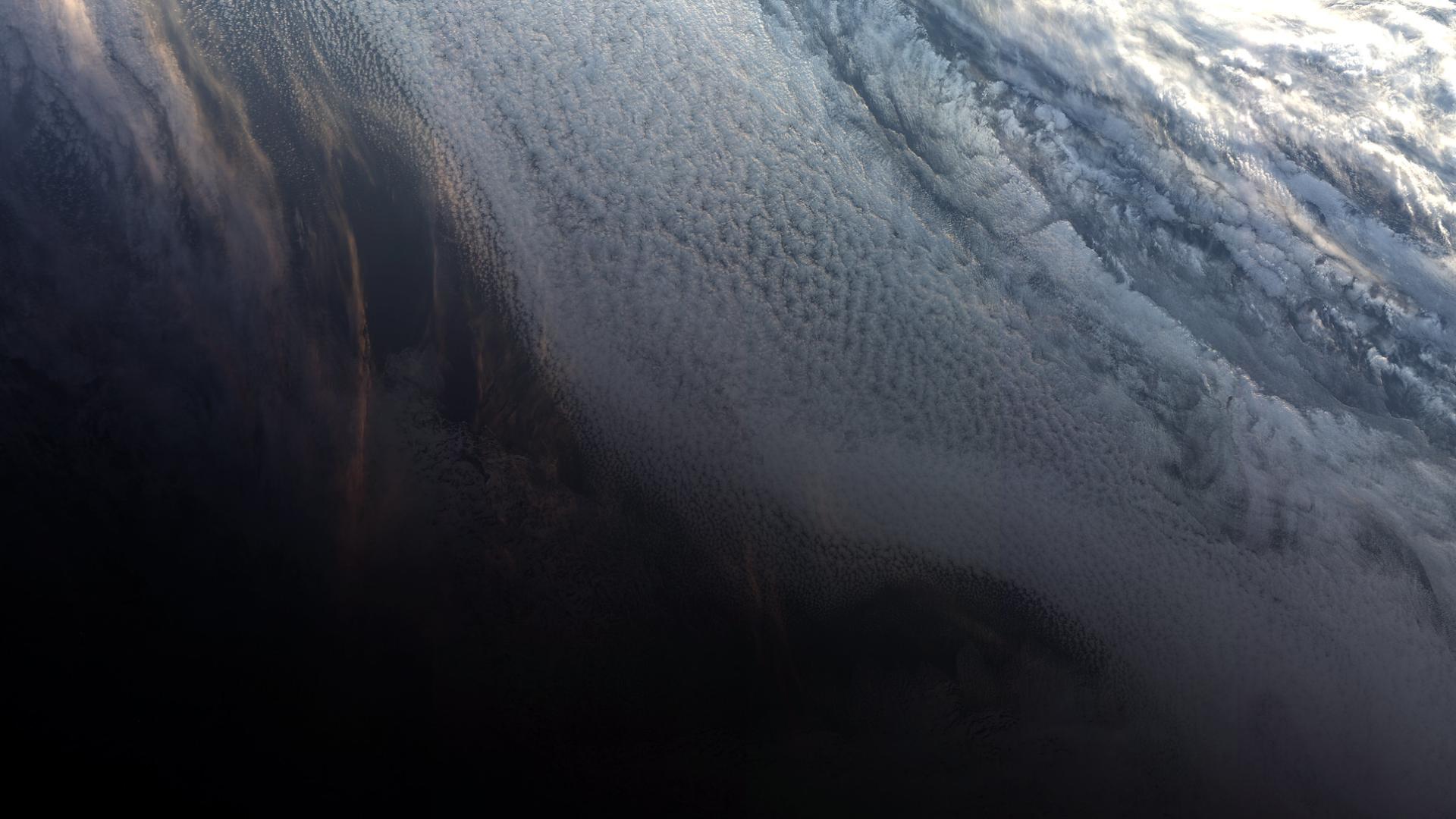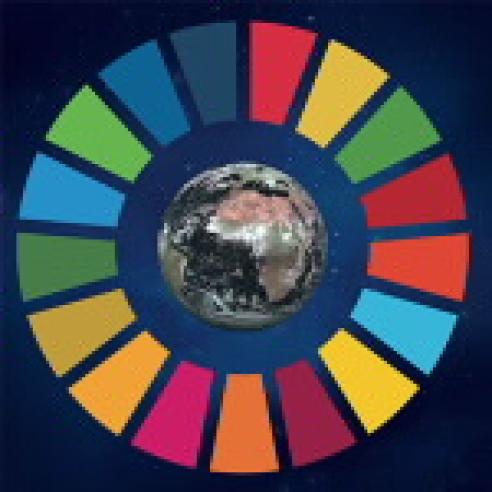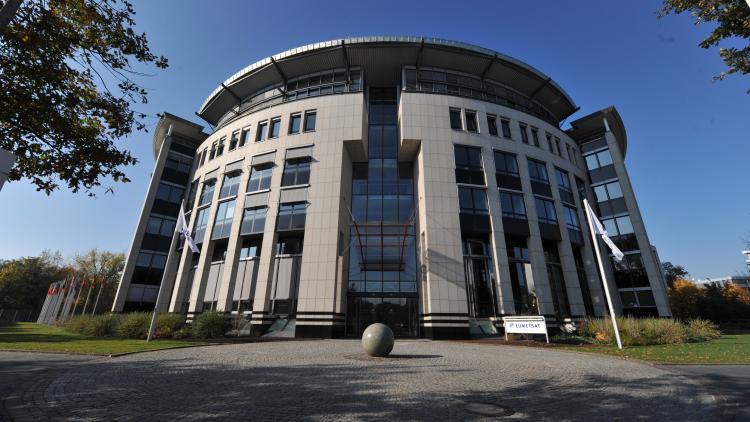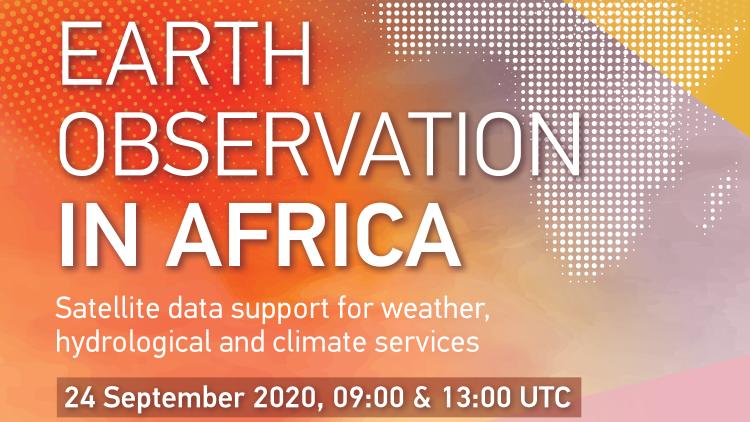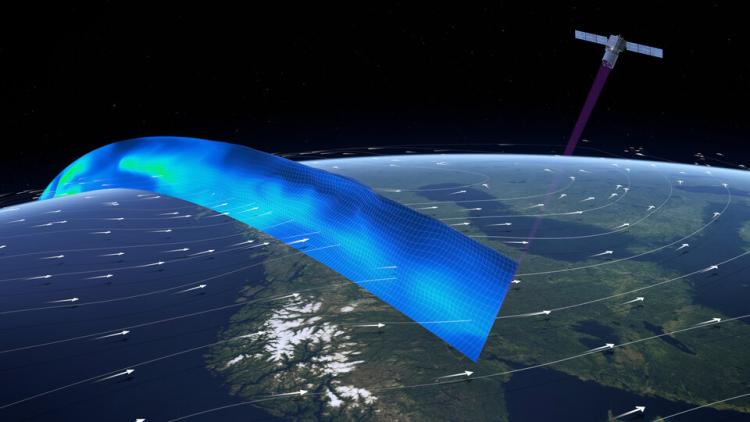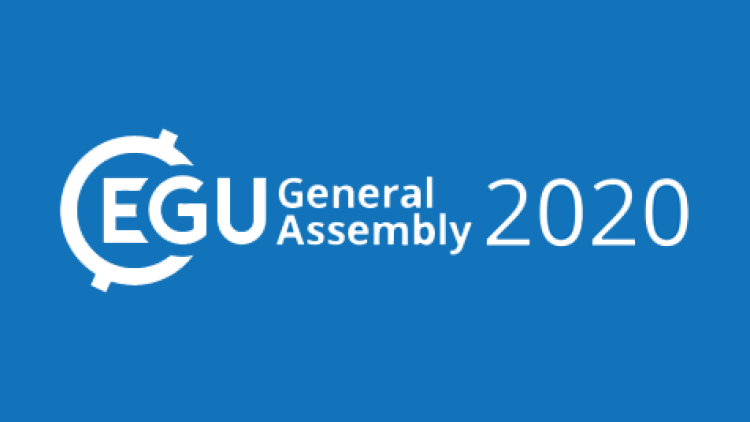28 November 2023
24 April 2023
The WMO is dedicated to international cooperation and coordination on the state and behaviour of the Earth’s atmosphere, its interaction with land and oceans, the weather and climate it produces, and the resulting distribution of water resources.
EUMETSAT contributes to and fulfils several of the WMO’s objectives and activities.
Cooperation between the WMO and EUMETSAT dates back to our origins. The EUMETSAT Convention explicitly mentions the WMO.
In pursuit of our primary objective of establishing, maintaining and operationally exploiting European systems to monitor weather and climate from space, EUMETSAT takes into account, as far as possible, the recommendations made by the WMO.

EUMETSAT’s data policy is aligned with that of the WMO’s Resolution 1 (2021), offering full and non-discriminatory access to as much as possible of our data under documented licensing conditions, while protecting the value of EUMETSAT membership.
Our activities and space-based observations contribute to WMO programmes, in particular, to the WMO global initiatives:
- Early Warning for All, which aims to ensure that life-saving early warnings about pending hazardous weather, water, or climate events are available to everyone on Earth by the end of 2027; and
- Global Greenhouse Gas Watch, which is a framework for sustained, internationally coordinated, global greenhouse gas monitoring.
EUMETSAT further contributes to WMO’s regional associations - Europe and Africa in particular - its technical commissions, its climate activities and some programmes related to oceanography.
EUMETSAT holds observer status at WMO Executive Council and Congress meetings, and participates in WMO expert and task teams.
